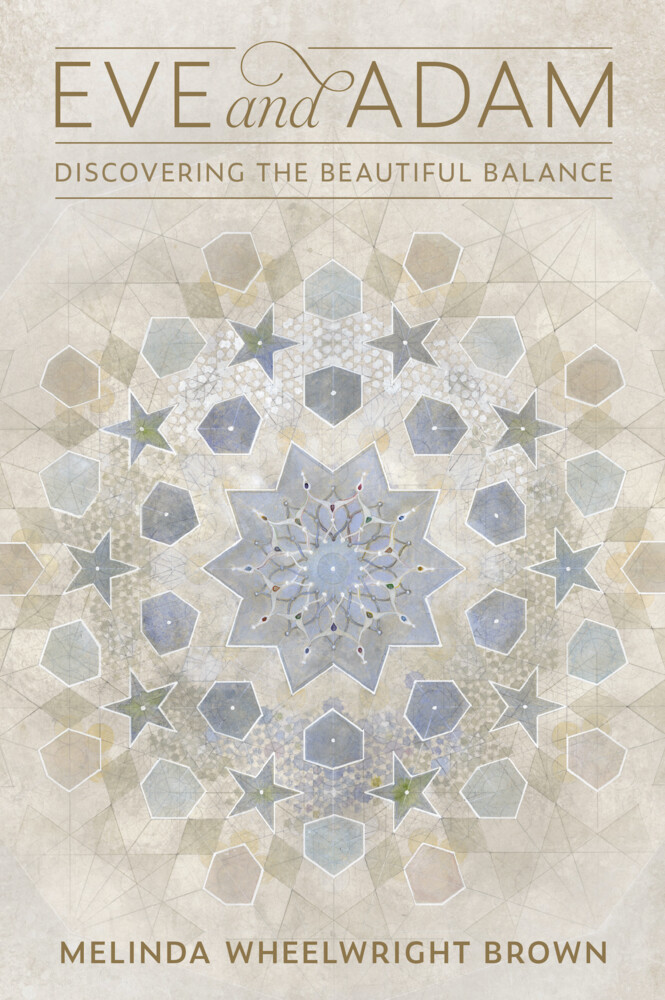From our earliest days in Primary, we sing about “keeping the commandments.” We hear it in the prayers of the youngest children, the routine Sunday School answers of teenagers, and the wise counsel of our Church leaders at general conference.
But do we fully grasp what it means to “keep the commandments”? Because it may encompass much more than following directions. We love what author and teacher Mindy Brown recently shared about the biblical origin and translation of that word keep that might just change your approach.
I think we’re so used to talking about the language of keep. We talk about ”keeping the commandments” and “keeping our covenants” and things like that. But keep is really a fascinating word.
Anciently and biblically, if we go back to the Hebrew, the idea of that word—the Hebrew word is shemar—is complex. I think the reason translators historically have chosen keep for the English translation is that it’s very closely related to the idea of “keeping watch over,” say, a flock of sheep. In fact, very anciently, the whole idea of a sheepfold is wrapped around that word shemar. It’s really about you shepherding this thing that is valuable and precious to you.
I love the way [one scholar] extrapolates this idea related to shemar and keep. He says it’s more like cherish or embrace. And I think honor gets more at that than keep typically does for English speakers today, because it represents this trusted responsibility; it’s a privilege. And in that sense, this idea ... that we are being entrusted—[that] such [an] incredible possibility [is] being opened up and offered to us—that language of offering is really, really valuable.
Reframing “keeping the commandments” as “cherishing,” “embracing,” or “honoring the commandments” is a powerful idea. Instead of a list of practices, the commandments become a cherished responsibility—something that God trusts us to do.
And if I know God trusts me to keep, honor, and value the commandments, I’m personally inclined to take them more seriously and live them more purposefully.
You can listen to more thoughts from Mindy, specifically on the honor and privilege of the sacred temple garment in the player below.
For more insights on “keeping” the commandments, check out the articles below.
► The crucial phrase we often forget from the second great commandment
► A simple object lesson about how to ‘seek Jesus’ that really makes it click
► A conversation I had in Jerusalem changed how I think about a joyful Sabbath
► Use these questions to help your family really understand what it means to love well



